The Dead Historians Society
2011
2011
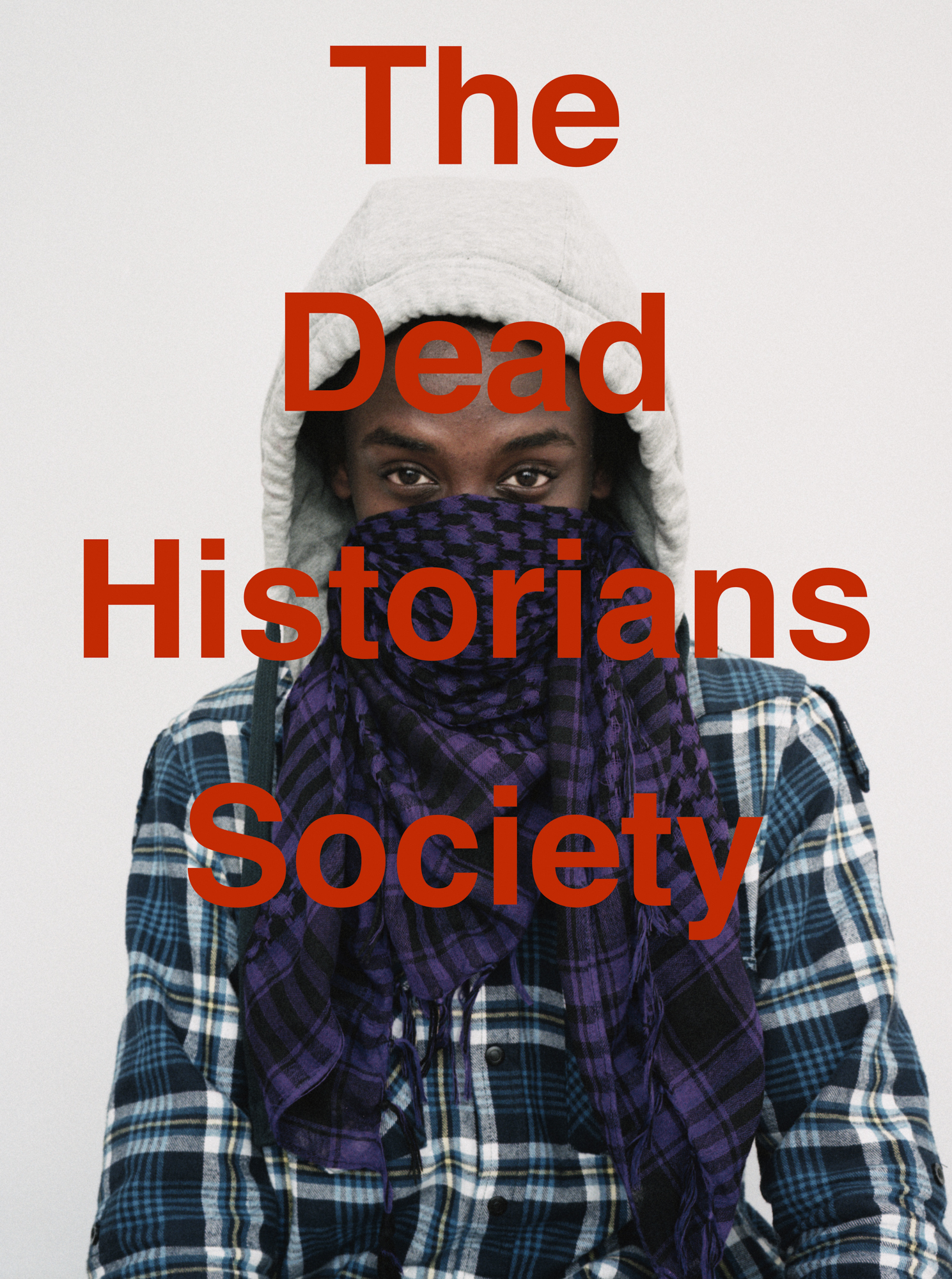
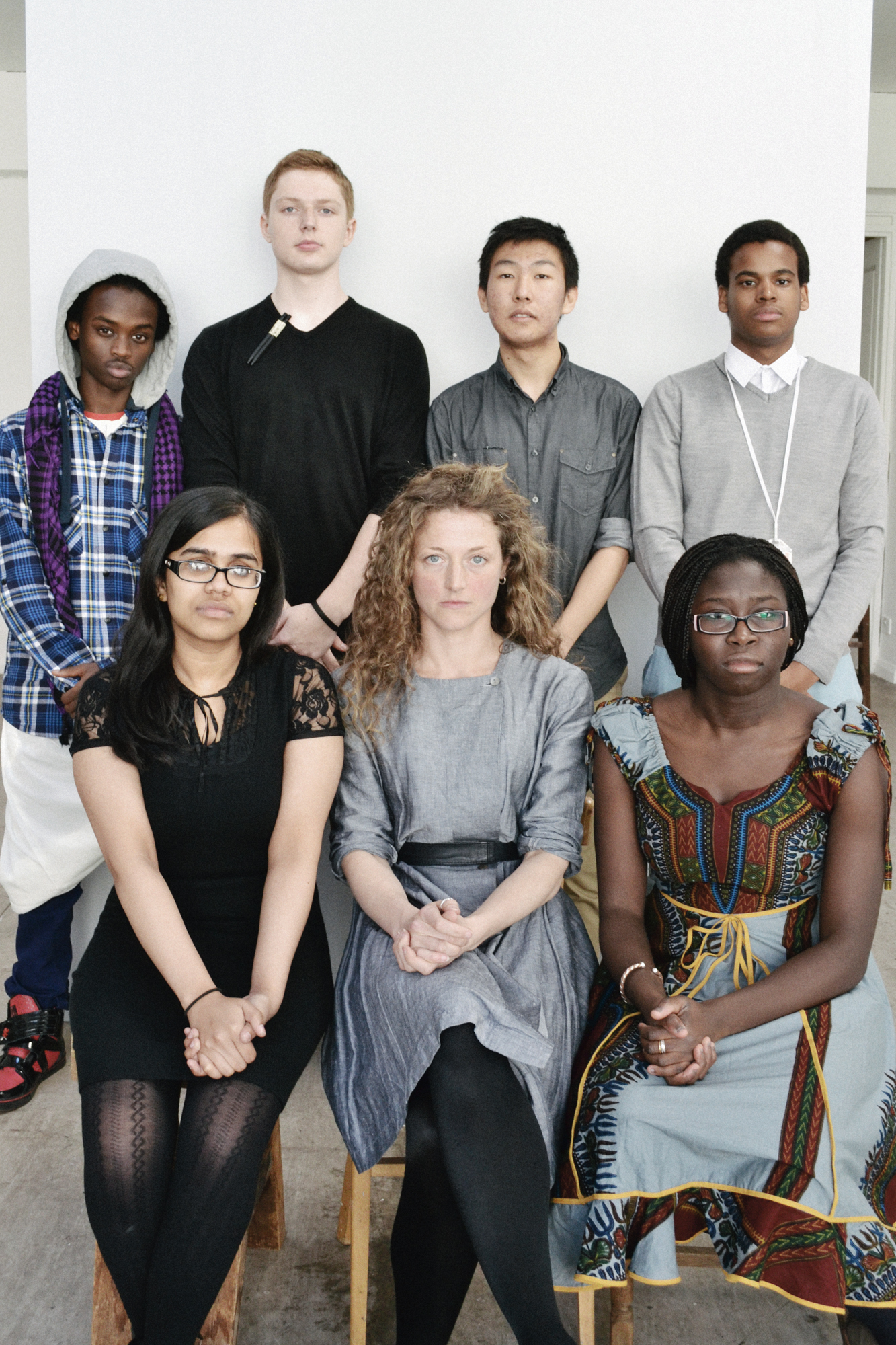
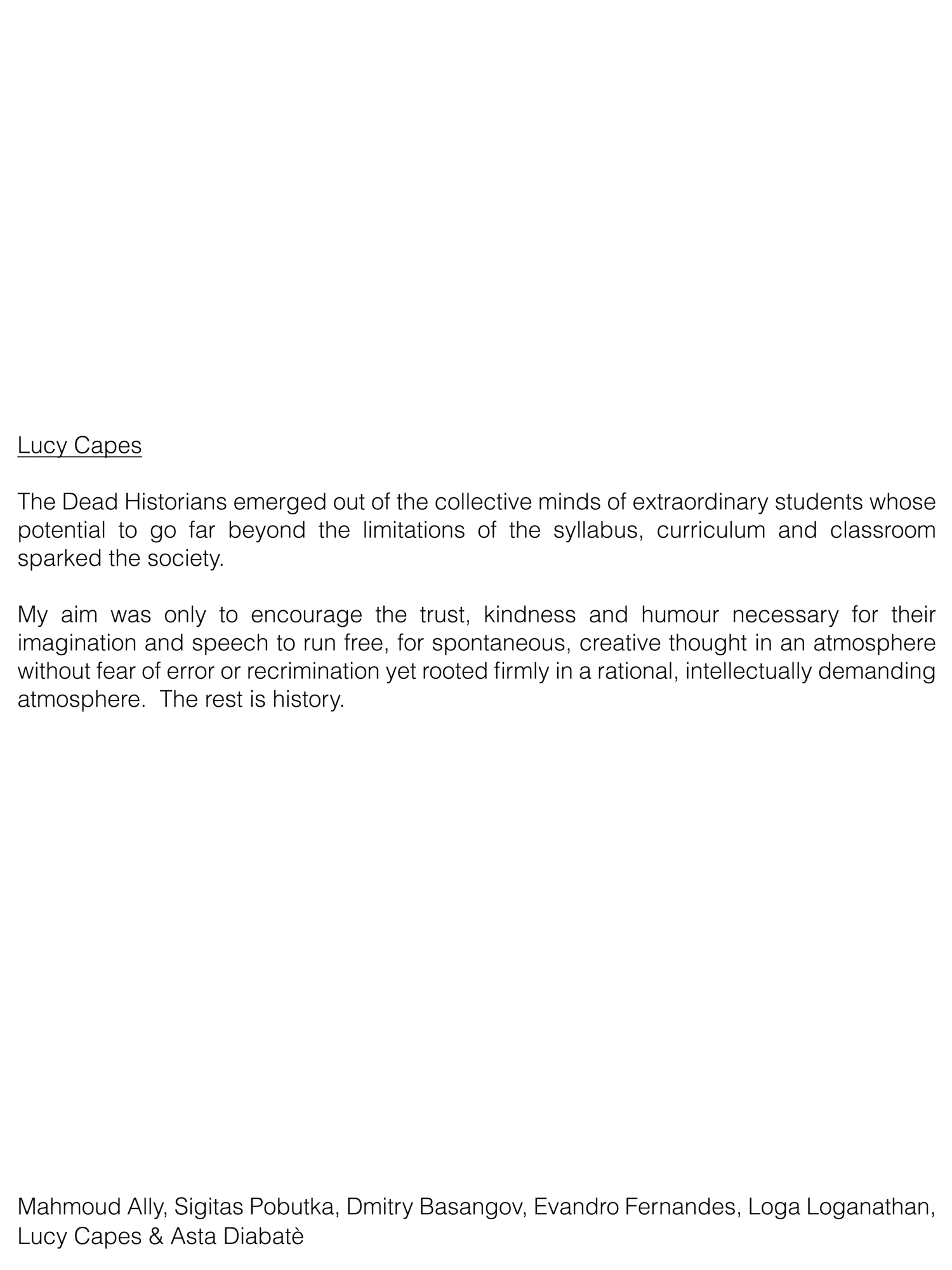
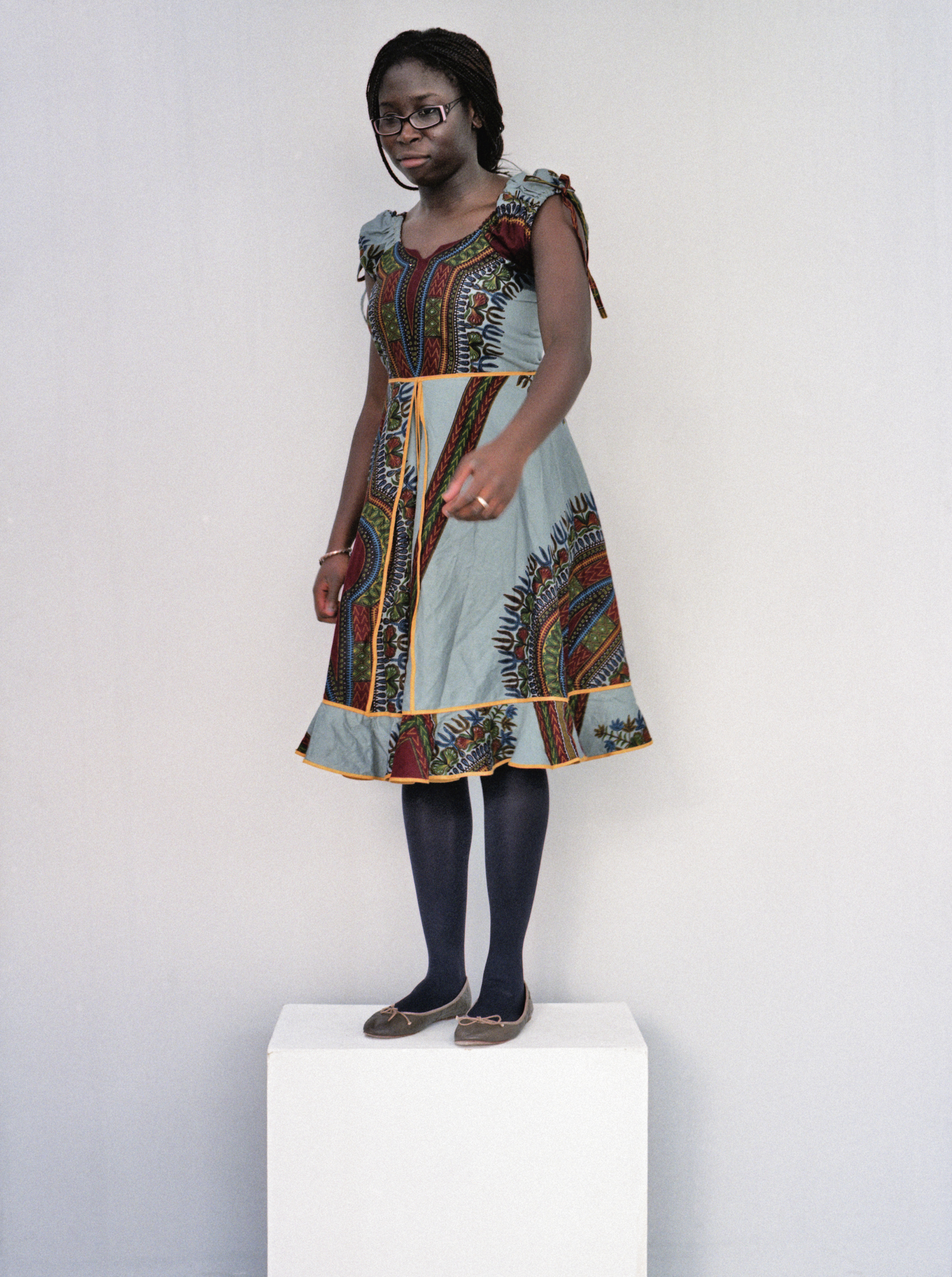
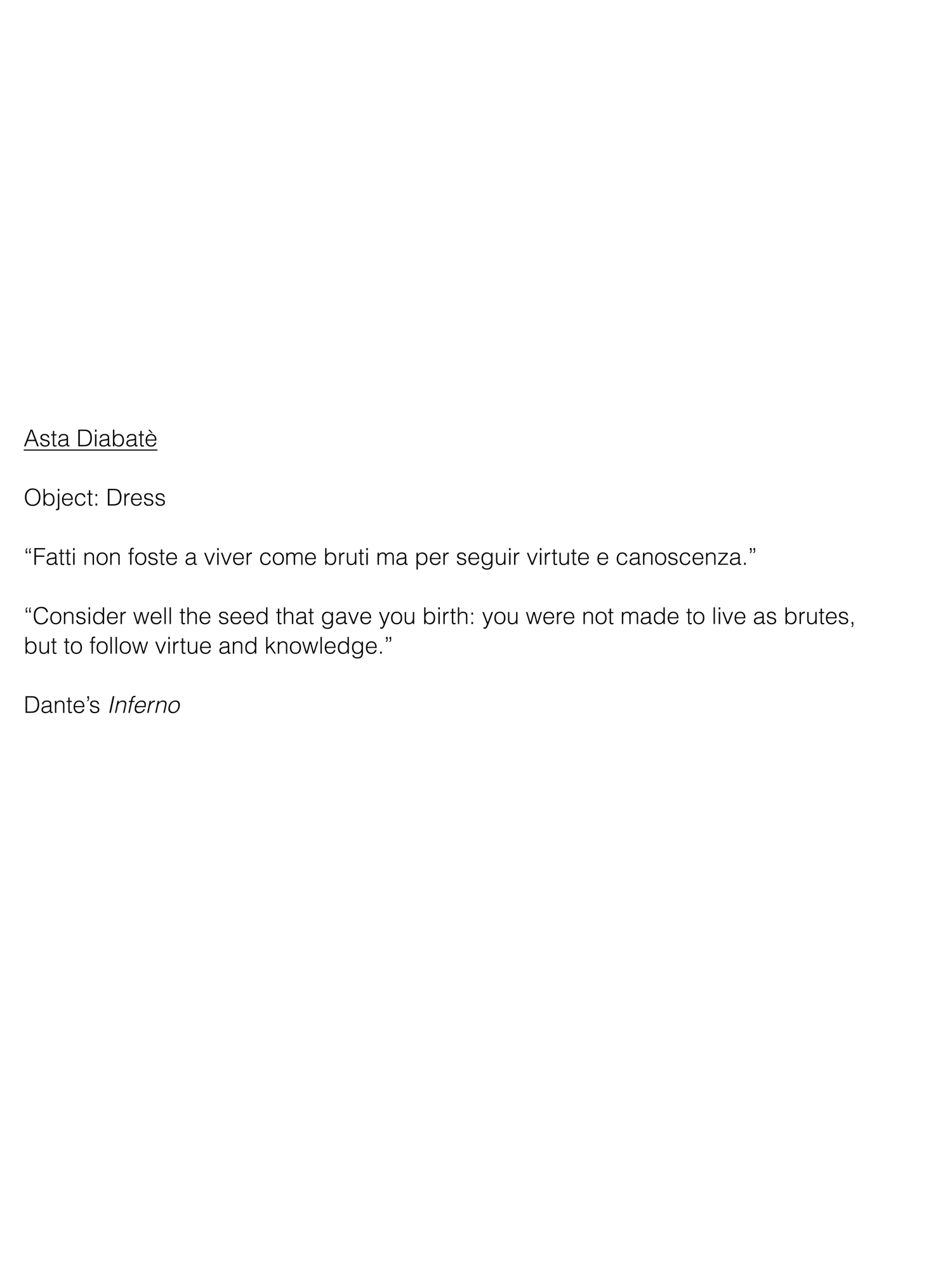
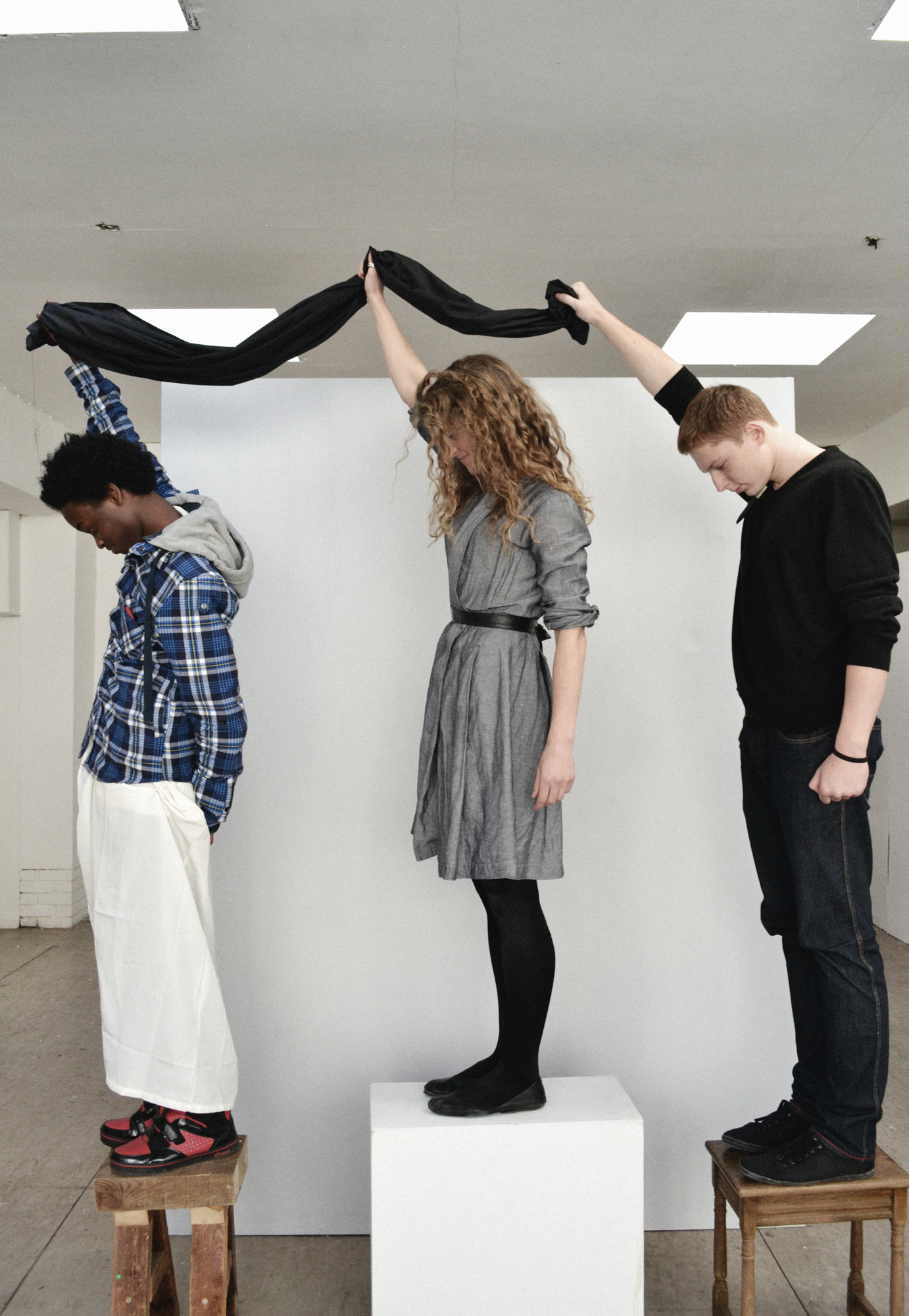


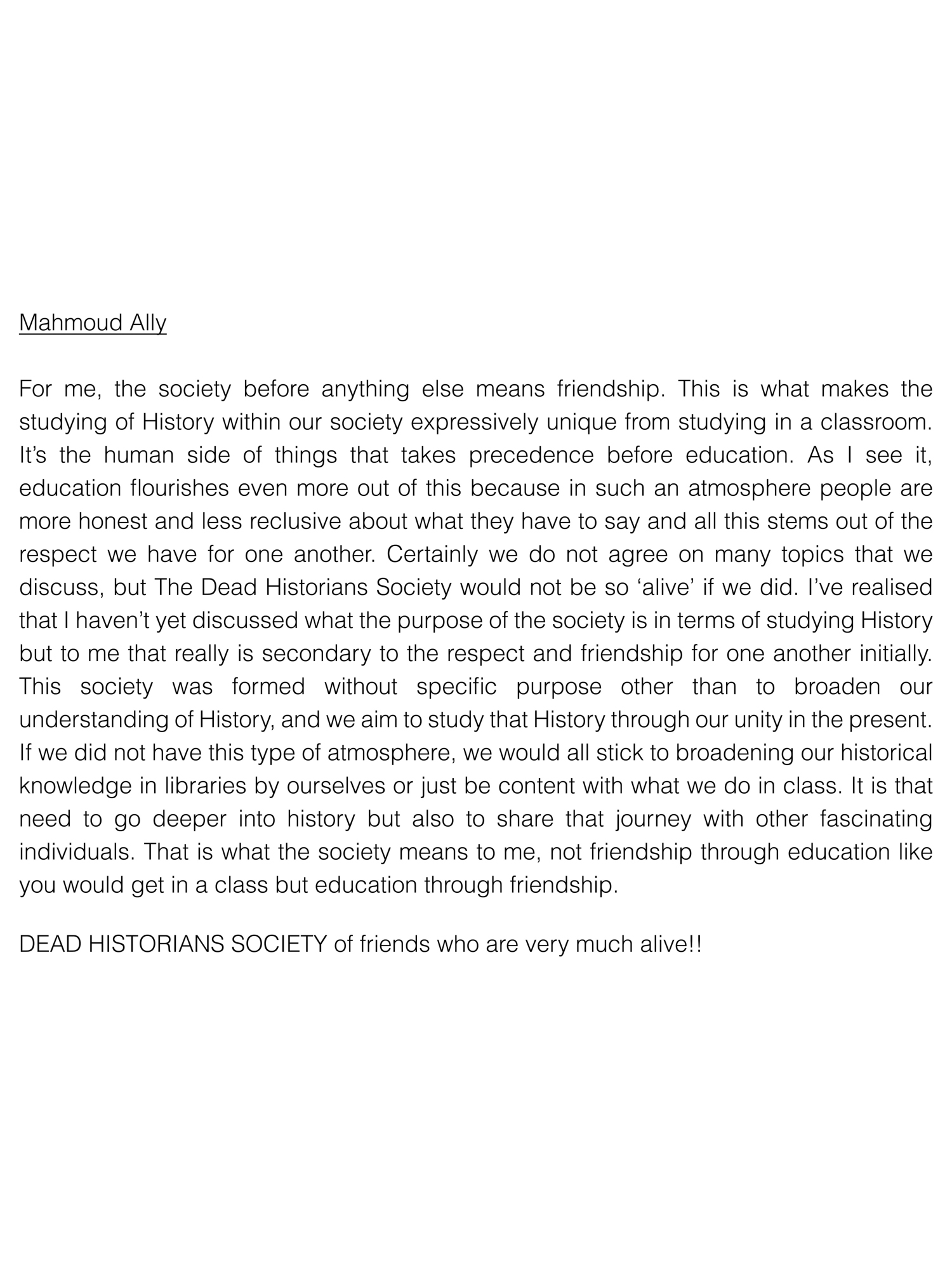

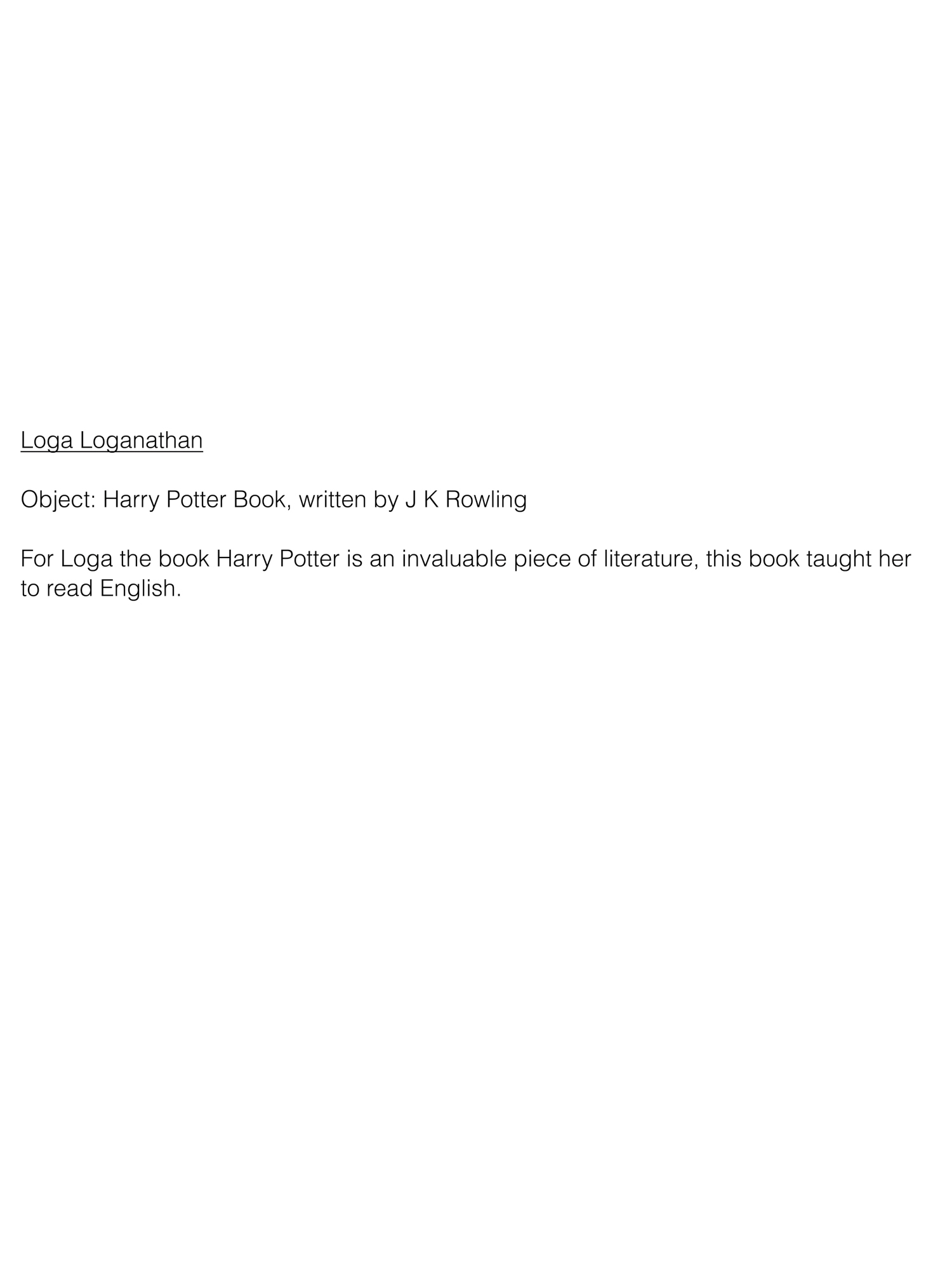
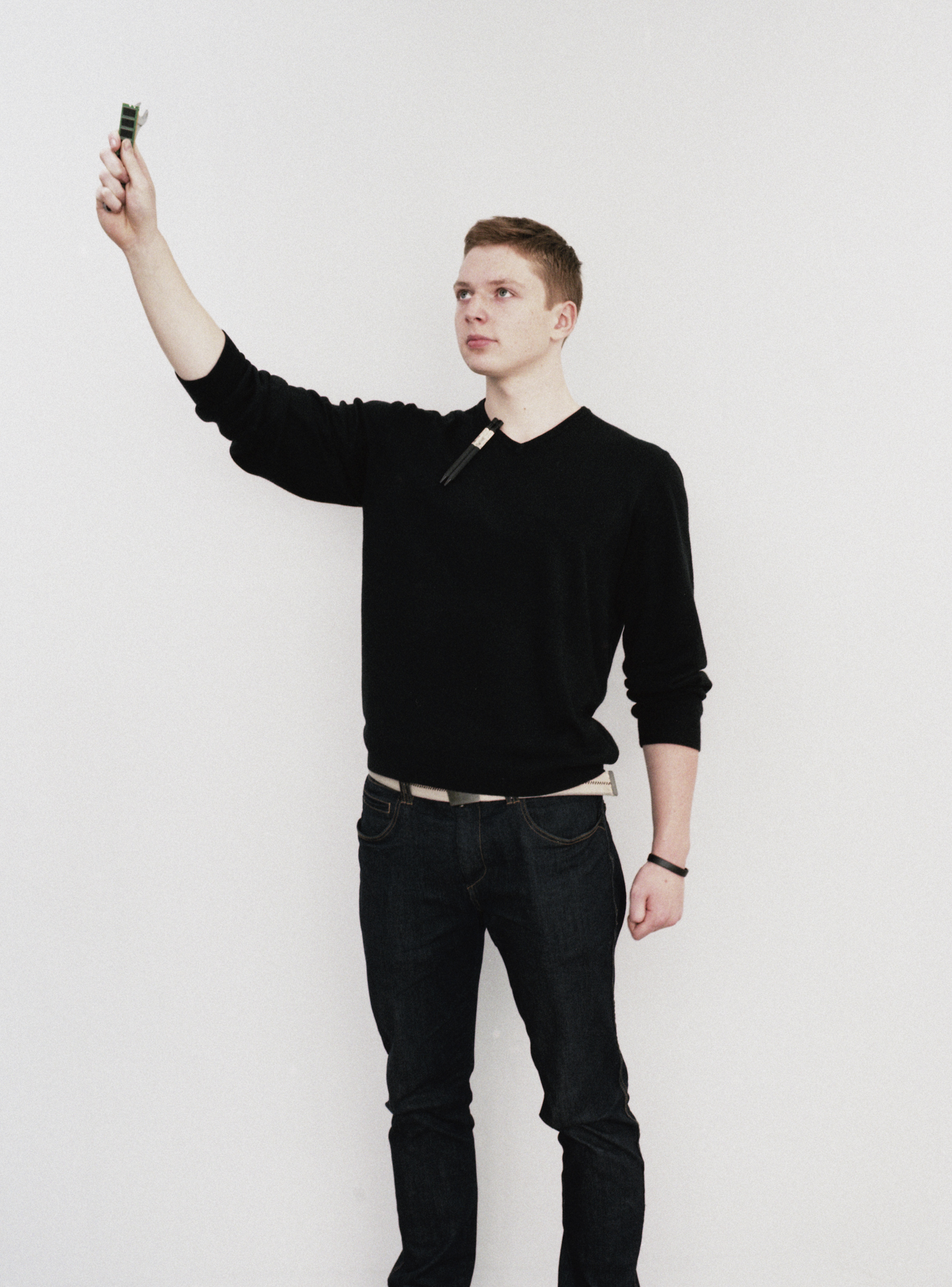
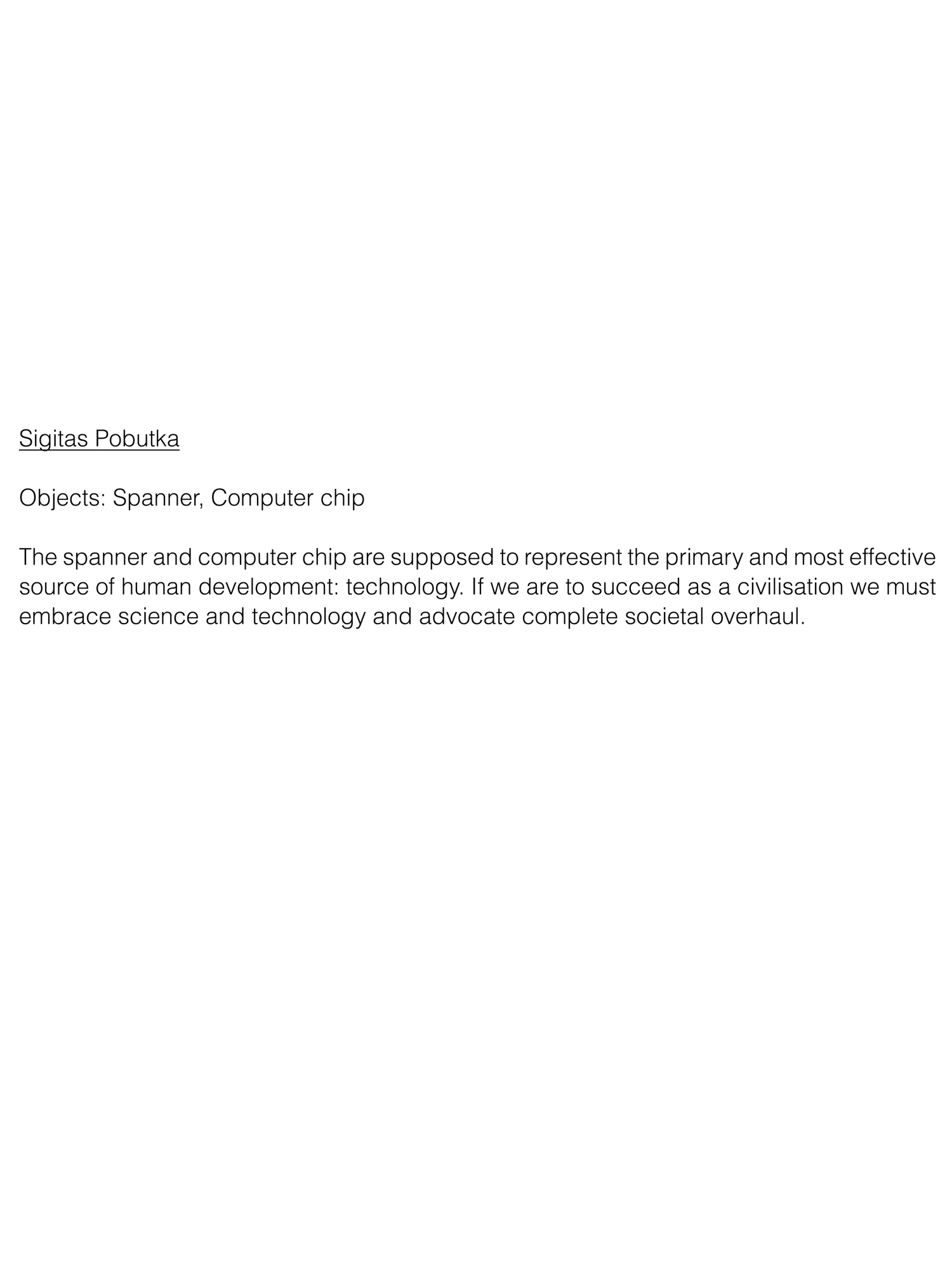
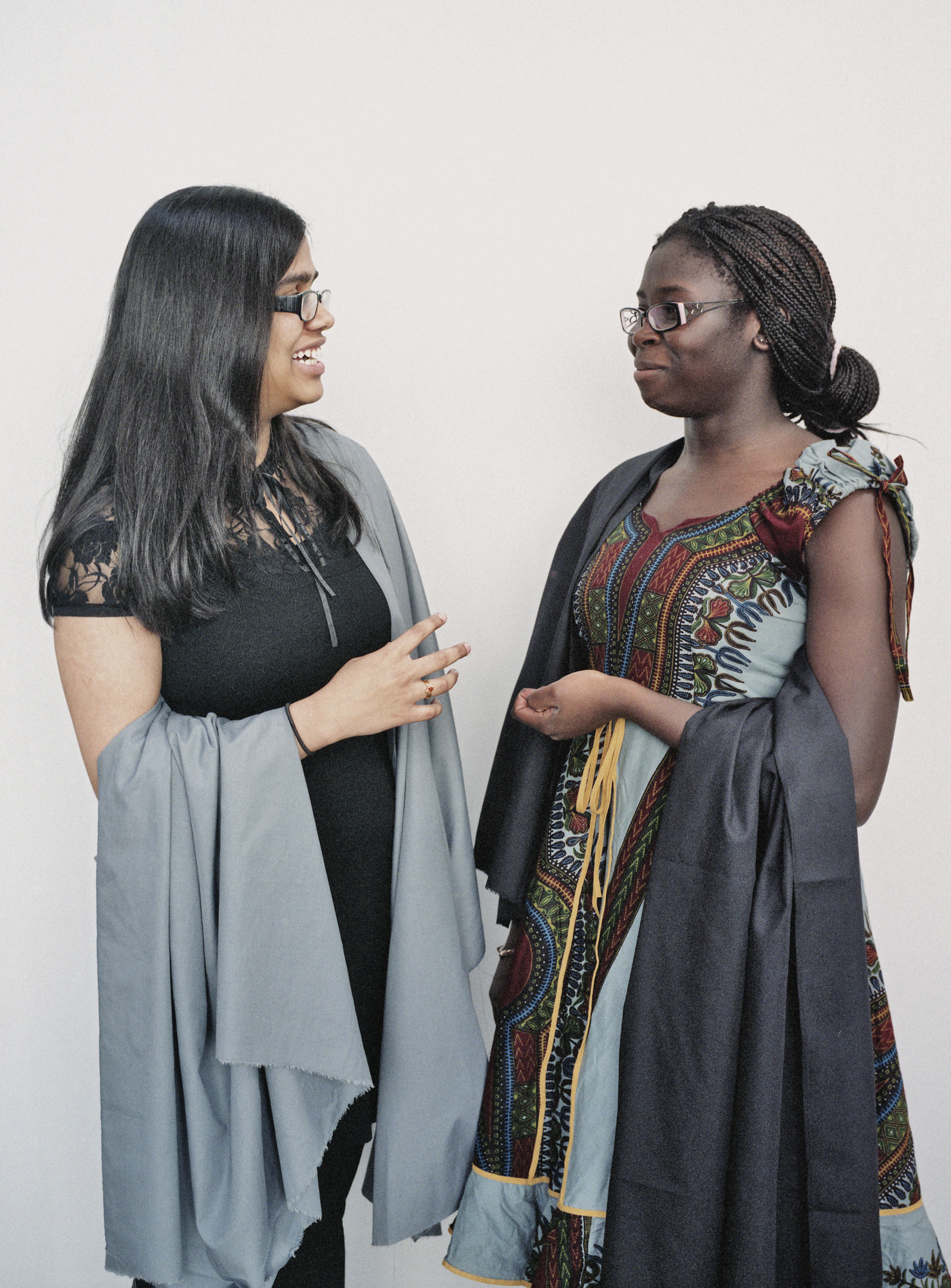
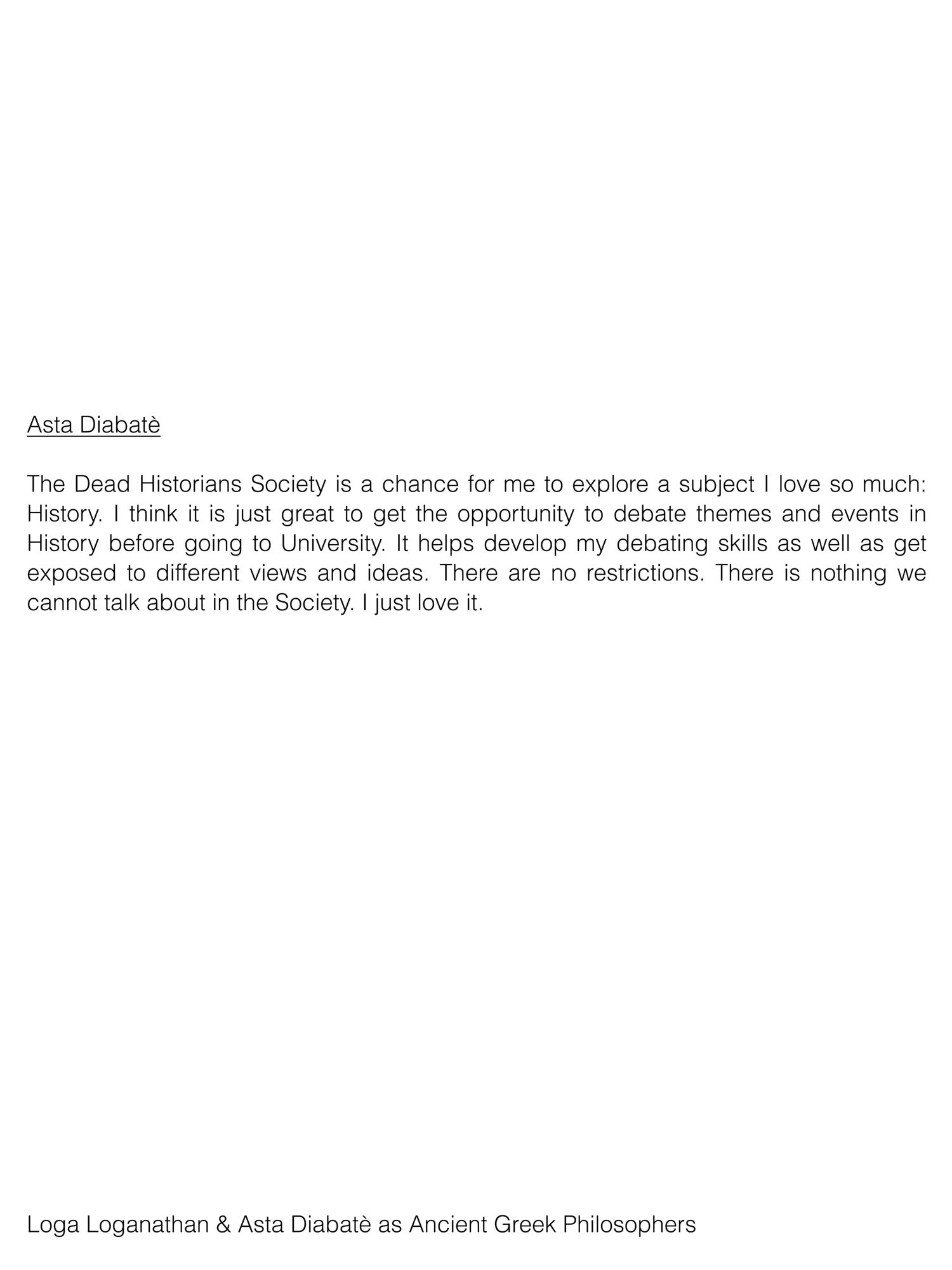
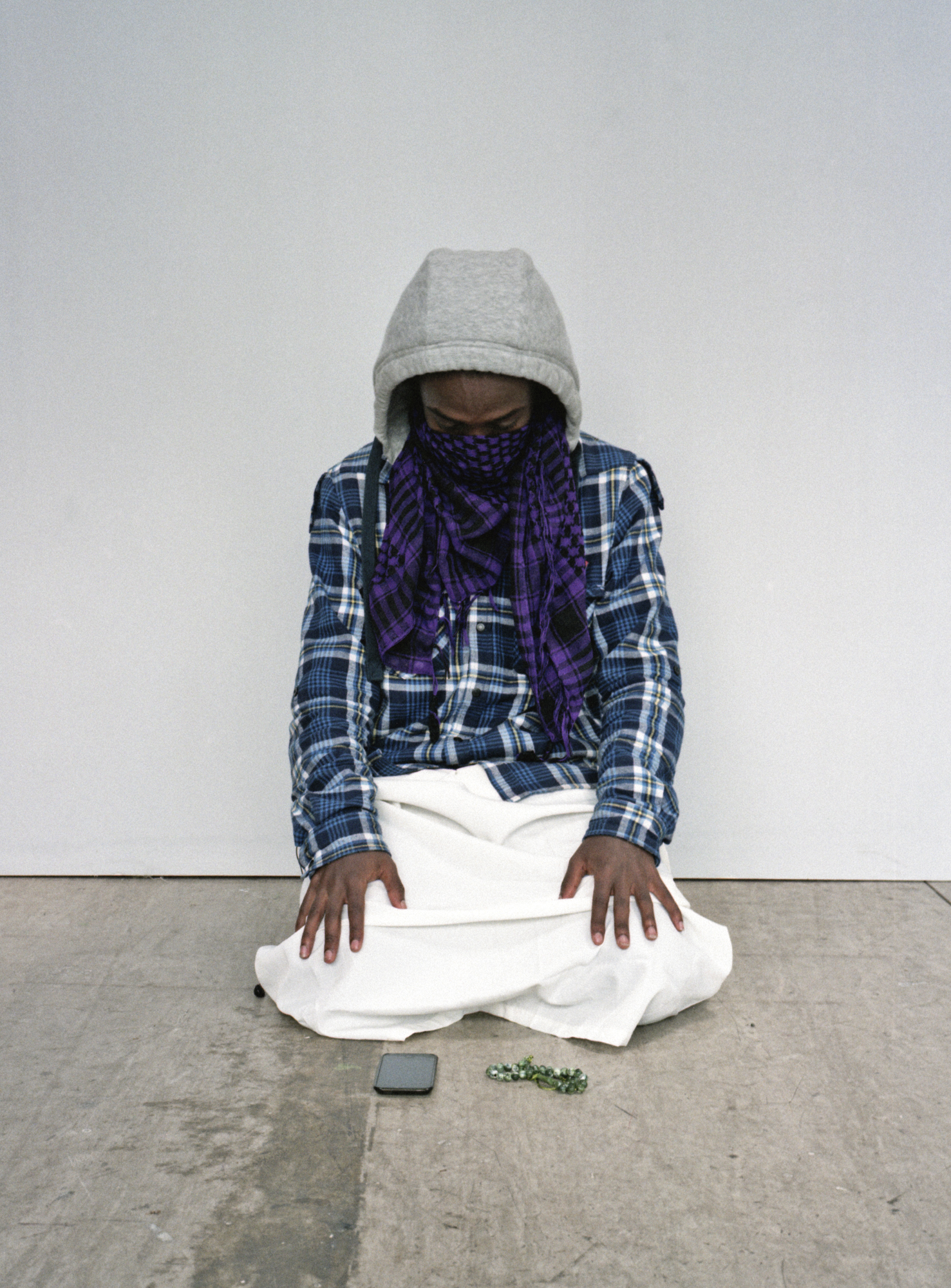
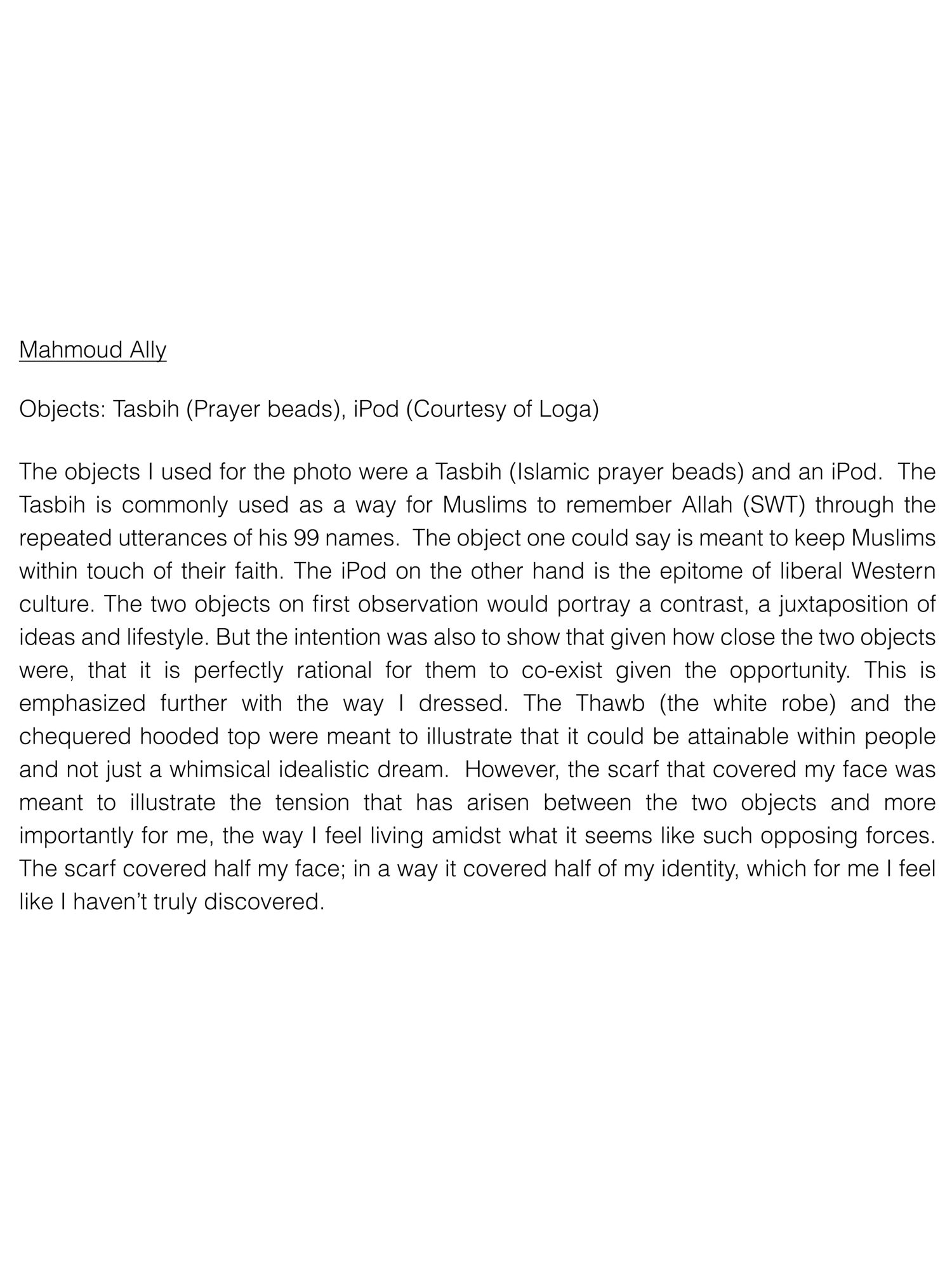
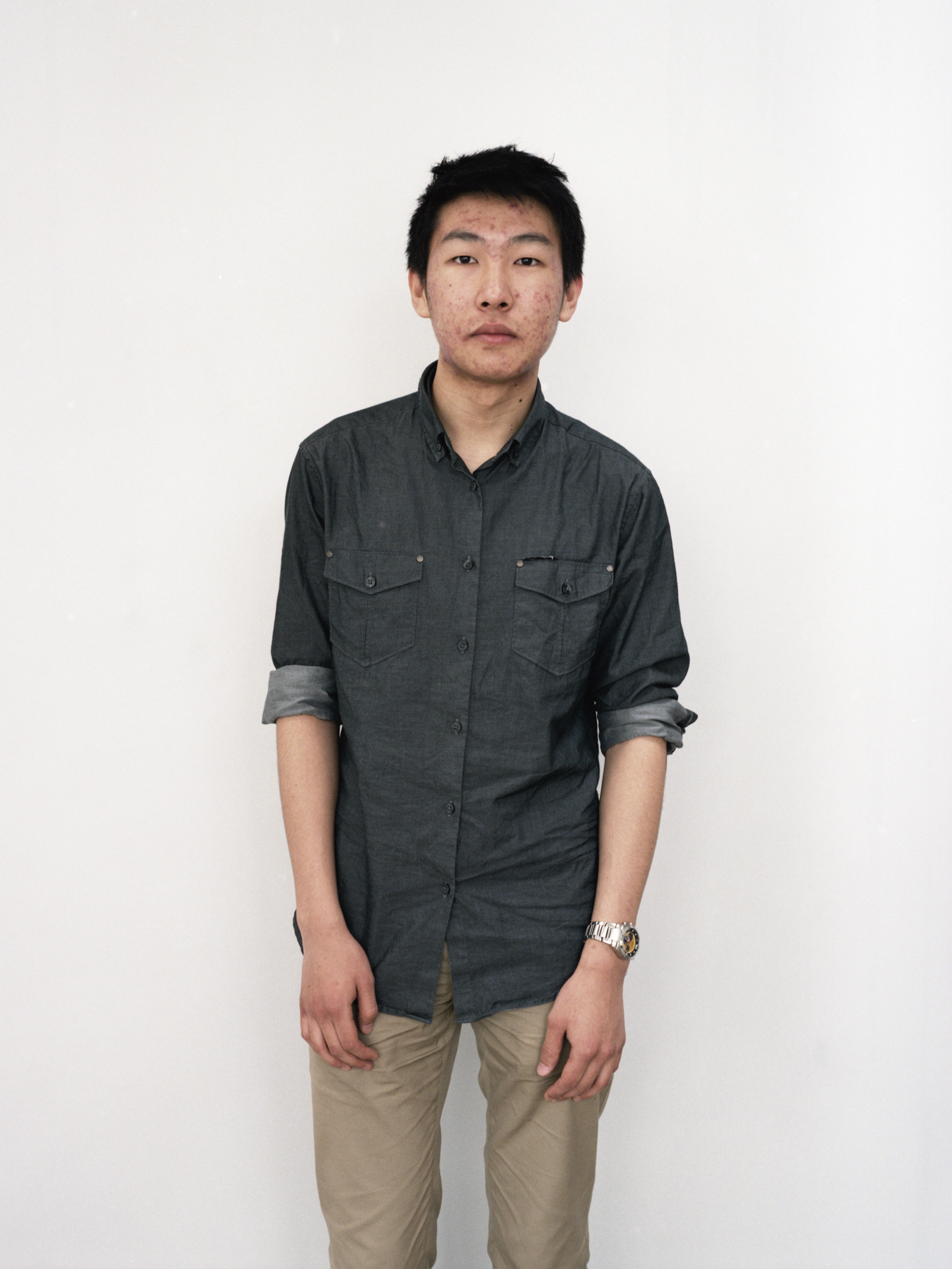
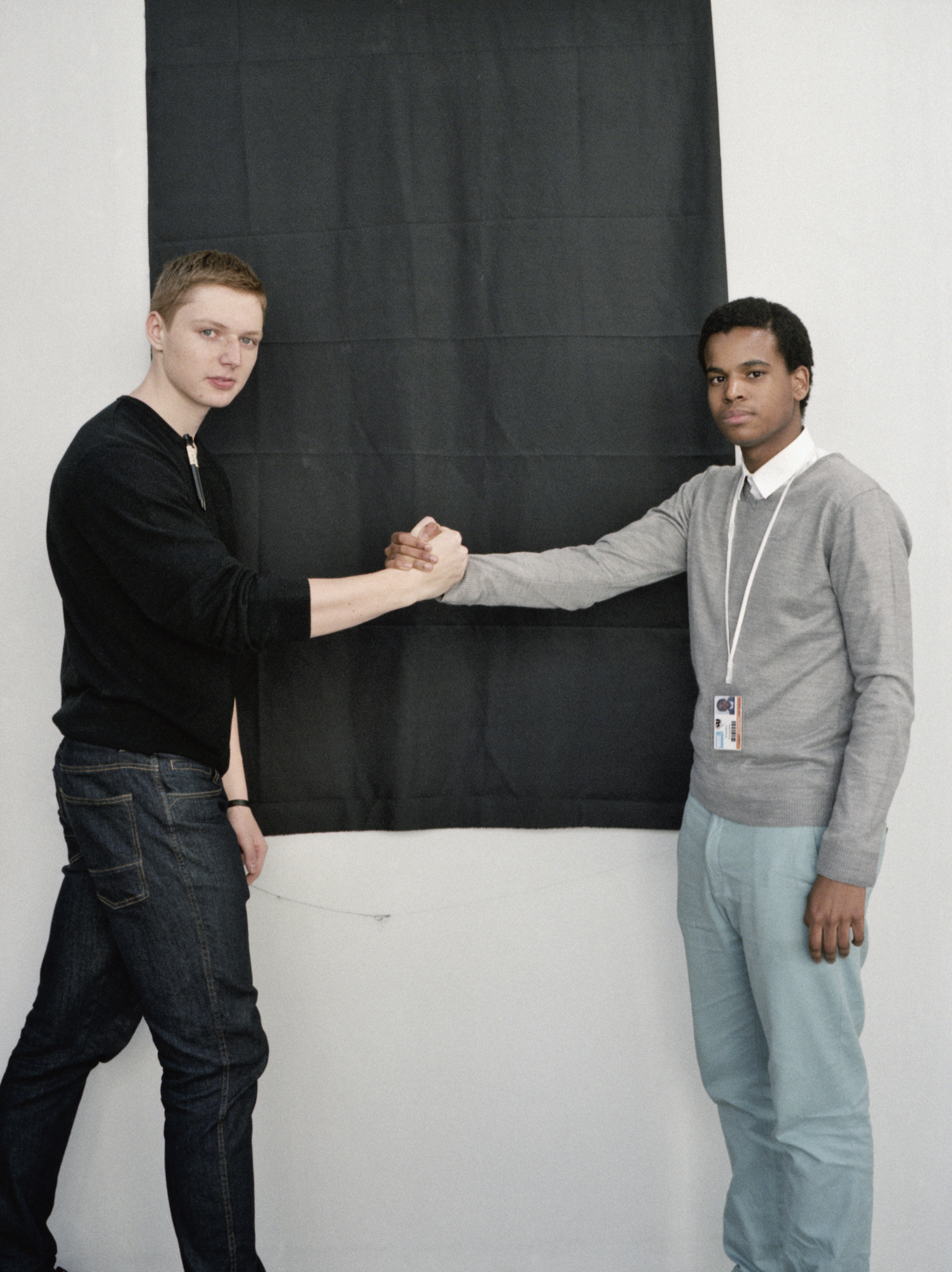
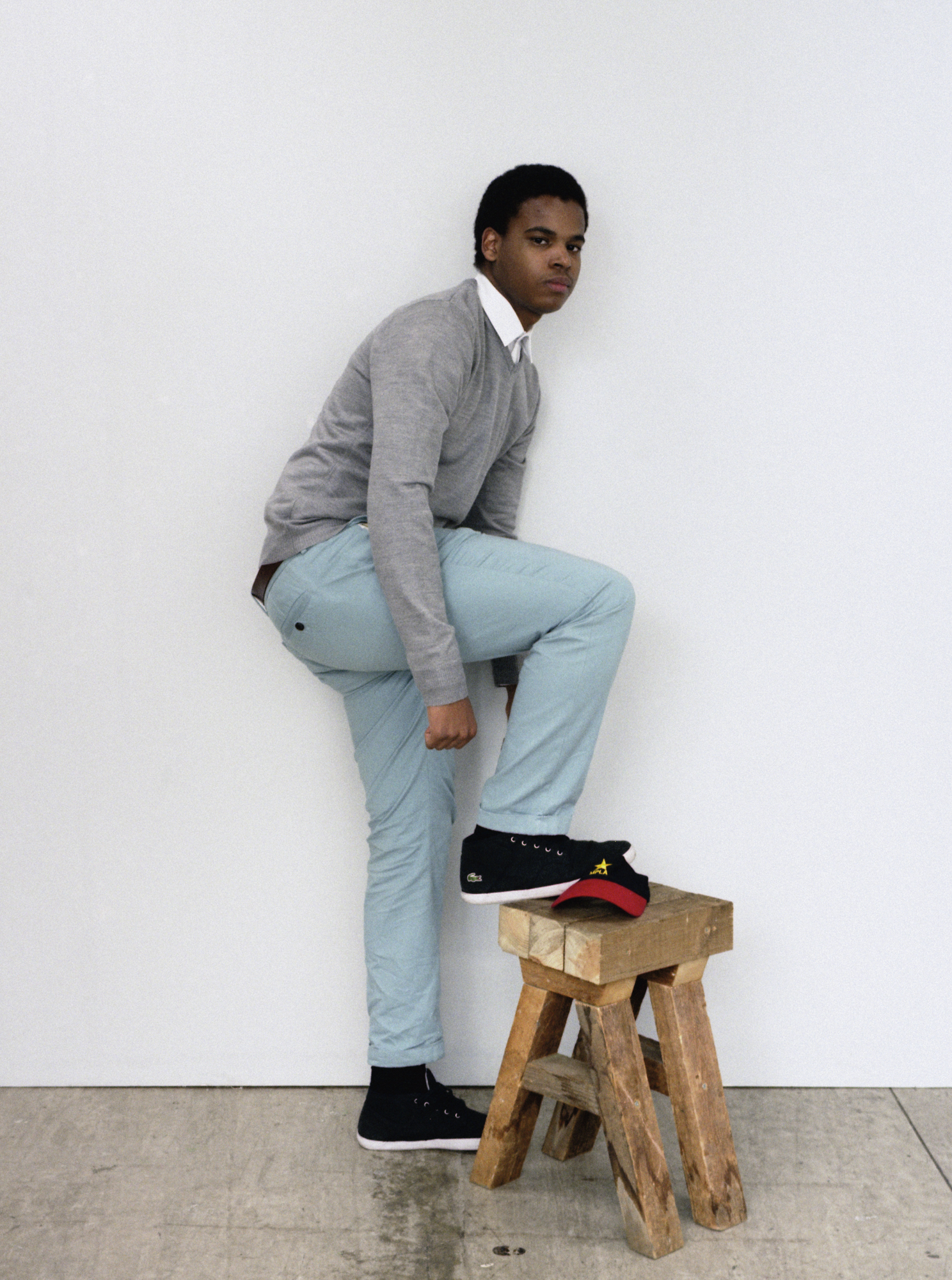
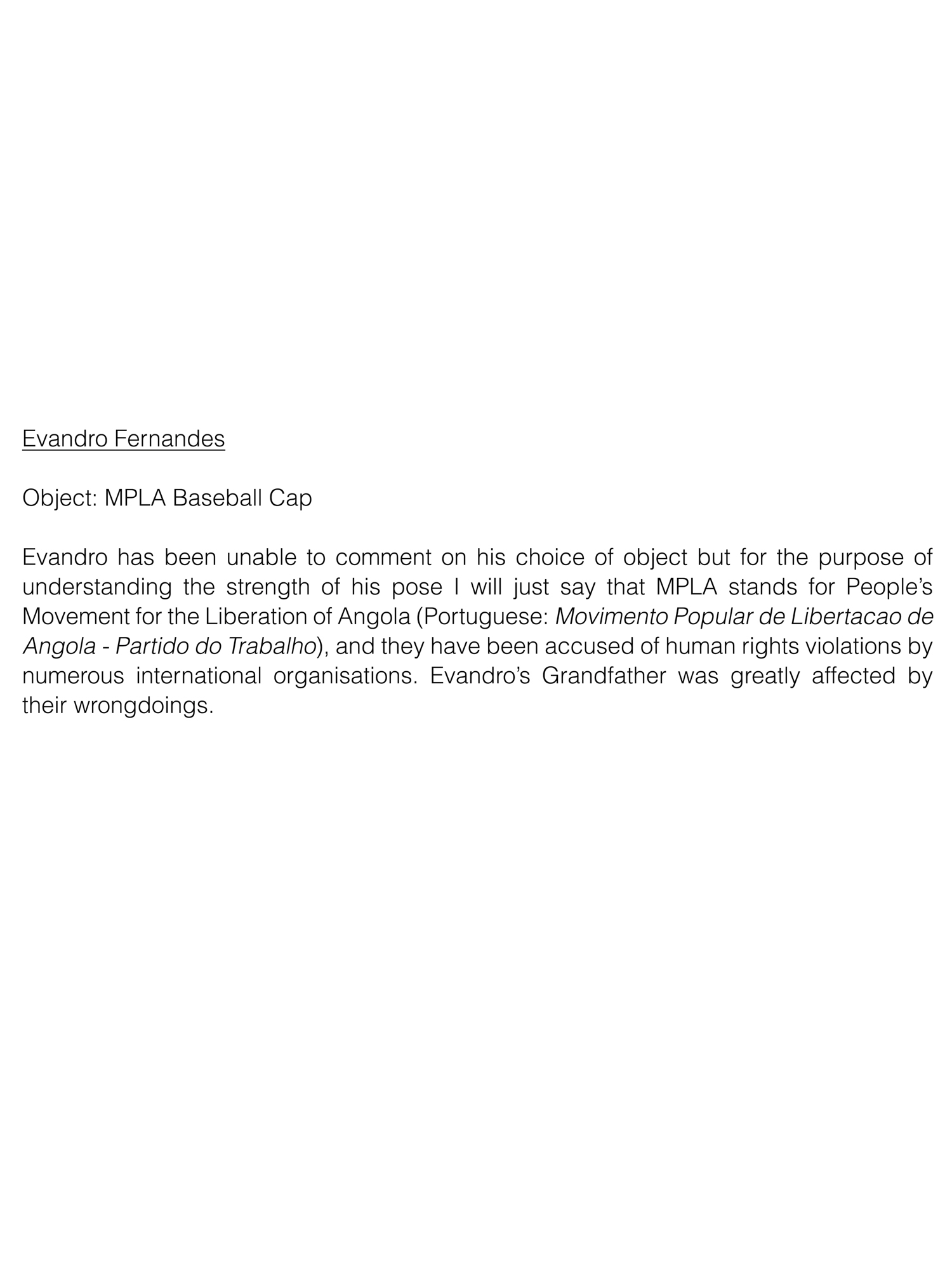
These texts were written to accompany the exhibition of photographs and a zine publication of The Dead Historian Society.
The work was exhibited at Margate Photo Festival in 2012.
My friend and collaborator in this project, Lucy Capes, is a teacher at Brooke House Sixth Form College (locally known as BSix) in Clapton, East London. Lucy has been working at the college for a year teaching History, Philosophy and Politics to young people from diverse cultural backgrounds.
BSix is located at the junction of Lea Bridge Road and Lower Clapton Road, formally known as murder mile, in one of the poorest boroughs in the country. As the college is state-run, students and teachers have had to deal with the government axing of the education maintenance allowance (EMA), which some 70% of their students relied upon. This allowance proved invaluable support for transport costs to and from college, books, Internet connections and, because receipt of it depended on attendance, had a positive impact across the board. While BSix students were instrumental in the ‘Save the EMA’ campaign contributing to a partial government u-turn, the main concern was that many students who suffer hardship are now more likely not to finish college and less likely to apply.
While this is Lucy's first teaching post it's also a rather inspiring one that she often finds difficult to leave at work. On Friday afternoons, after a long week in the classroom, she gives her History class the chance to get together in a more relaxed setting, a park, a museum, somewhere neutral away the four walls of the classroom. With little encouragement they discuss History and their place in it. The group is called The Dead Historians Society.
The Dead Historians Society fluctuates from 5 - 7 members each week depending on student workload. They don't get extra marks for attending and it is in their own time. They have highly organised topics for discussion as well as completely spontaneous ones with the only common denominator that it is historical. Lucy told me about an early discussion they planned where she asked members to give a five-minute talk about their own history and how it connected to the wider historical context. The brief asked: What empires, colonial uprisings, chance encounters, wars, conflicts brought you all here to London? What happened was really very special. Of this group of young people not one of them was born in the UK, yet all of them have been affected by war, either directly or through a family member and have at times had to be separated from their families. The sensitive discussion that resulted brought out many shared themes and difficult experiences. One student gave a presentation on the Angolan Civil War with pictures. The Lithuanian student who had previously told us about his grandfather who had indirectly worked for Stalin in the Soviet Army as a truck driver, noticed that the tanks in the Angolan Civil War pictures of his fellow society member, were Russian. The Russian student corroborated this extraordinary link.
Another shared attribute of these students is their attitude towards education; they each understand the power and importance of learning beyond that of grades. One aim of The Dead Historians Society is to offer an insight into the people and groups who have, throughout history, had the strength to fight oppression, such as Black History, the Black Panther Party for Self Defence in the USA, Russian peasants and workers during the Revolution of 1917 etc that they began to explore in the classroom but sought further knowledge through the society.
My part in The Dead Historians Society sprang from a conversation between Lucy and I about the use of photography and graphics in history and politics as another way of communicating a message, this especially worked for those from societies or cultures whose written language is different from that of the original message. Coming from academic backgrounds that haven’t necessarily connected art as a way to look at history in it's traditional sense, Lucy thought this could be an interesting angle to peruse so I arranged for us all to spend an afternoon at a friends photographic studio where we could throw together some ideas. To get them started I asked them each to bring in an object they thought most represented their place in the UK; politically, historically or philosophically, and I would photograph them with the object in a pose /style they thought most suitable. From here we just went with it and played. They understood the message immediately, some with social politics and others with a more personal approach and after a day together we ended up with the images you have before you.
- Sanna Charles, 2011
THE CONSTITUTION OF THE DEAD HISTORIANS SOCIETY
- The goal of the DHS or Dead Historians Society is not just to discuss History in a new, cool and original way but ultimately to make it.
- Once you became a member of The Dead Historians Society you are a member for life.
- Each member of the society has to do his best to make every meeting interesting.
- Each member has to contribute in building strong friendship between members.
- The society meetings should not be the only place where members meet.
- The motto of The Dead Historians Society is "Carpe Praeteritus" - "Seize the past."
- The goddess of the DHS is Clio - the muse of History. Her statue must be present at society meetings.
- Everybody is equal in the DHS with the exception of Lucy who is our " Oh Captain My Captain" and has the unlimited power of a monarch, despite democracy being one of the core principles of the DHS, because she has judicial neutrality and will not abuse given power.
- Every meeting should start with a quote or poem about History.
- Speaking about things that are not related to the subject of discussion and dividing the debate is banned.
- Listening to music during the meeting is not restricted, it is actually recommended when it is related to a theme and shared with other members.
- Anytime when a member makes a promise, swears or just when the moment is appropriate, he/she must say "Dead Historians honor" or "DHS honor."
- All the rules mentioned above are not rules at all. They are recommendations and don’t have to be obeyed as that would be to contradict with the rebellious spirit of the DHS.
- Dmitry Basangov, 2010